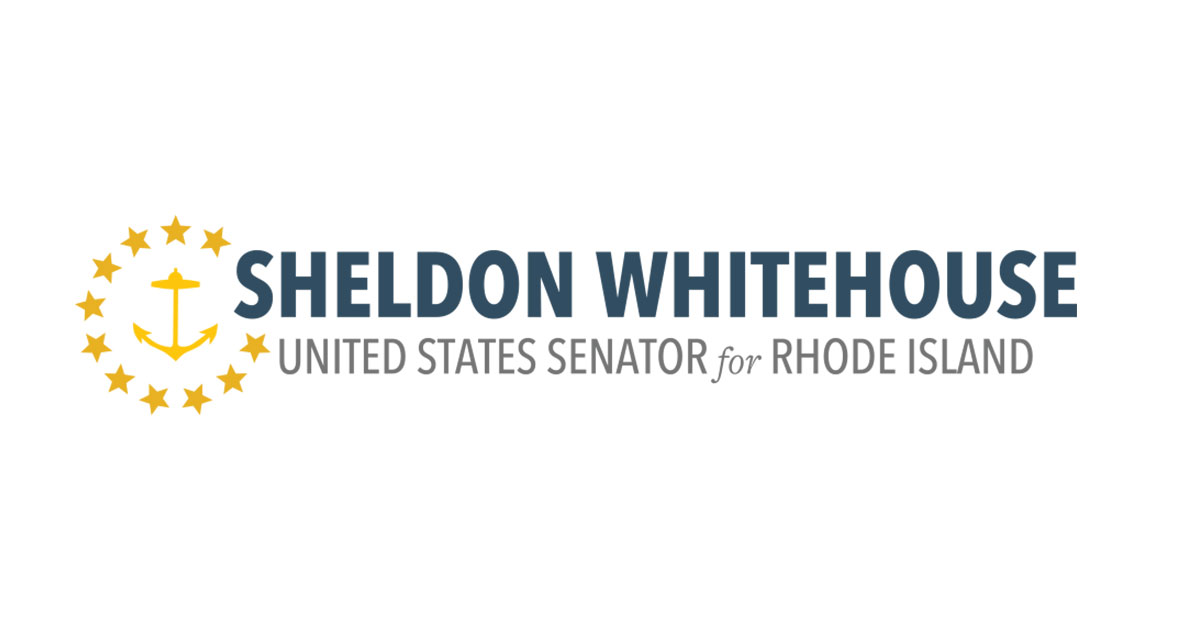Source: United States Senator for Rhode Island Sheldon Whitehouse
10.19.21
Bipartisan, bicameral resolution calls for full implementation of Whitehouse’s 2018 juvenile justice reform law
Washington, DC – Senator Sheldon Whitehouse (D-RI) introduced in the Senate today a bicameral, bipartisan resolution declaring October 2021 “National Youth Justice Action Month.” The resolution acknowledges the possible collateral consequences that youth under 18 face when they are treated like adults, and encourages the Department of Justice’s Office of Juvenile Justice and Delinquency Prevention to implement fully Whitehouse’s Juvenile Justice Reform Act of 2018. Representatives Tony Cárdenas (D-CA), David Trone (D-MD), and Victoria Spartz (R-IN) also introduced the legislation in the House today.
“In 2018, Senator Grassley and I passed long-overdue, bipartisan improvements to our juvenile justice system. Building on the success of states like Rhode Island, our reform law helps youth turn their lives around and emerge as productive members of society,” said Whitehouse. “This resolution recognizes the value of a juvenile justice system that leads to real opportunity for young people, and calls on the Justice Department to make sure our bipartisan reforms are carried out fully.”
The 2018 reauthorization of the Juvenile Justice and Delinquency Prevention Act was sponsored in the Senate by Whitehouse and Senator Charles Grassley (R-IA) to secure new protections for youth in the federal juvenile justice grant program. The law took steps to reduce the unnecessary incarceration of youth, improve safeguards for minors who encounter the justice system, and strengthen services that encourage a smooth transition back into society.
The law also improved existing juvenile justice protections by improving treatment for juvenile offenders with mental illness and substance abuse issues, encouraging states to make efforts to reduce racial and ethnic disparities for youth who enter the juvenile justice system, supporting alternatives to incarceration, and holding states accountable for failing to meet core grant requirements to protect the safety of minors in the justice system.
The Trump administration was slow to implement the Juvenile Justice and Delinquency Prevention Act, and failed to provide states with the guidance needed to respond effectively to COVID-19. In May 2020, Senators Whitehouse, Grassley, and Joni Ernst (R-IA) sent a letter calling on the Office of Juvenile Justice and delinquency prevention to provide additional aid to states.
The original Juvenile Justice and Delinquency Prevention Act was enacted in 1974 to ensure the safety of at-risk youth who enter the juvenile justice system, and assist states with delinquency prevention programs and activities. Prior to passage of Whitehouse and Grassley’s 2018 legislation, the program had not been updated for nearly a decade and a half.
